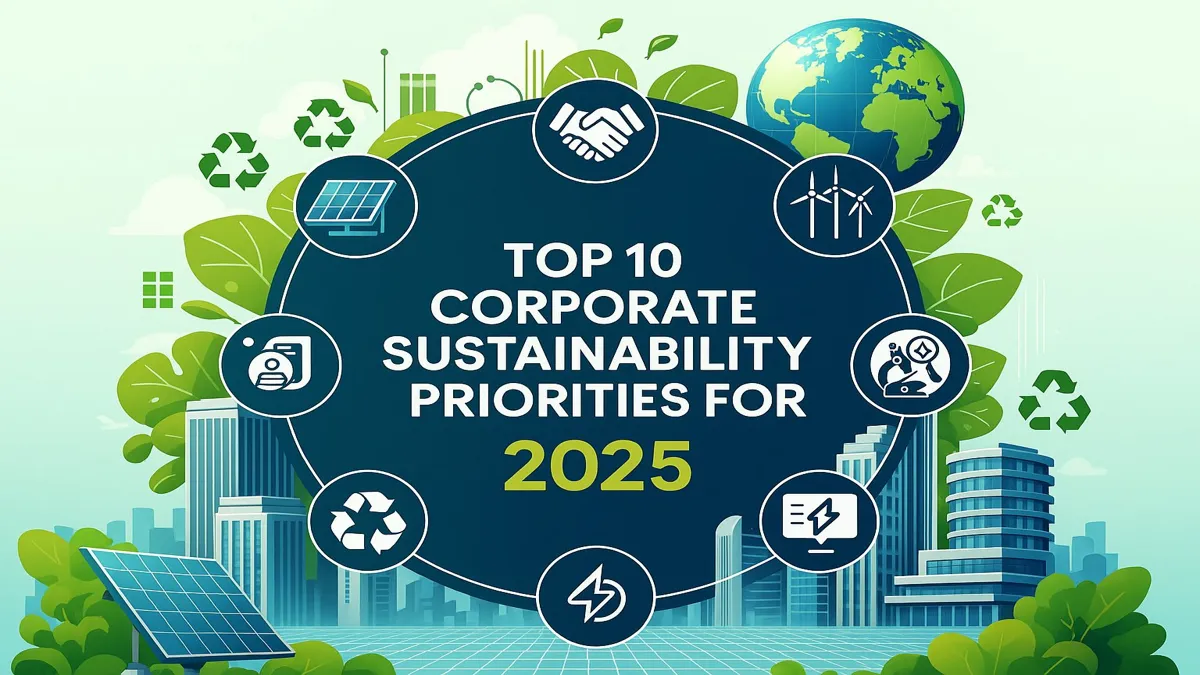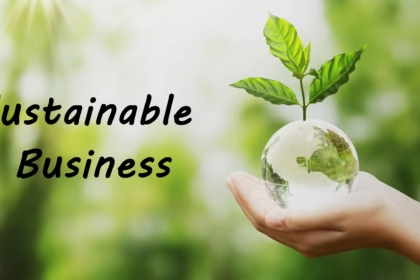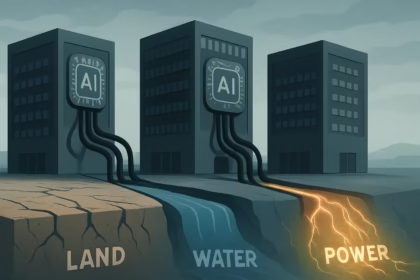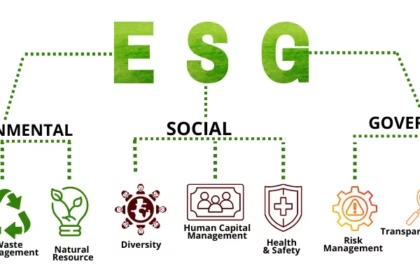Sustainability has become a defining pillar of corporate strategy in 2025, driven by investor expectations, regulatory shifts, and global climate urgency. Organizations are under pressure not only to report their environmental and social impact—but to embed long-term resilience and responsibility into their core operations.
Here are the top 10 sustainability priorities companies are focusing on this year.
Climate Risk Management and Resilience
Companies are moving beyond climate pledges and embracing climate risk modeling, supply chain resilience planning, and disaster mitigation strategies. Climate-related risks are being factored directly into financial and operational decisions.
Transition Plans to Net Zero
Transitioning to net-zero emissions isn’t just a long-term goal—it’s now a boardroom-level priority. Businesses are under increasing pressure to publish realistic roadmaps and short-term milestones that demonstrate real progress.
Evolving Sustainability Reporting Standards
Regulatory landscapes are shifting. Companies are preparing for stricter reporting rules aligned with global standards like ISSB, the EU’s CSRD, and U.S. climate disclosure proposals. Clear, comparable, and auditable data is becoming essential.
“Sustainability is no longer optional –
McKinsey & Company, 2024 Sustainability Report
it’s a business imperative that directly impacts
long-term performance.”
Stakeholder Engagement and Accountability
Investors, employees, communities, and regulators are demanding more transparency. Leading companies are improving stakeholder engagement frameworks and incorporating feedback into strategy, risk, and performance evaluation.
Supply Chain Due Diligence
Companies are taking greater responsibility for the social and environmental practices of suppliers. Enhanced supply chain monitoring, ESG audits, and human rights safeguards are key priorities—especially in high-risk regions.
Biodiversity and Natural Capital
Biodiversity is now on the corporate agenda. Businesses are assessing their impact on ecosystems, land use, and water resources, and adopting nature-positive practices to reduce harm and create restorative value.
Circular Economy and Waste Reduction
The shift to circular models is accelerating. Companies are prioritizing product reuse, recycling, and material innovation to reduce waste and carbon intensity across the product lifecycle.
Worker Well being and Human Capital
Beyond basic labor rights, there’s a renewed focus on employee wellbeing, inclusion, and upskilling. Human capital is recognized as a sustainability asset and is being integrated into ESG performance reporting.
“Investors are holding companies accountable not just for profits, but for purpose.”
Harvard Business Review, ESG Trends 2025
Governance of Sustainability Strategy
Boards are becoming more engaged in ESG strategy, risk oversight, and performance review. Companies are establishing dedicated sustainability committees, linking executive compensation to ESG goals, and enhancing oversight mechanisms.
Green Innovation and Technology
Technology is a critical enabler of sustainability. From AI-powered emissions tracking to clean energy adoption and green product design, innovation is key to accelerating sustainable transformation.
Final Thoughts
Sustainability is no longer a PR exercise—it’s a strategic imperative. In 2025, corporate leaders must align purpose, profit, and planet with measurable actions and transparent reporting. Stakeholders are watching, and companies that prioritize sustainability will gain long-term resilience and trust.






















My husband and i felt absolutely contented Raymond could carry out his web research by way of the ideas he grabbed out of your blog. It is now and again perplexing to simply always be handing out steps which usually a number of people might have been trying to sell. And we also figure out we have the blog owner to give thanks to for that. Those explanations you made, the simple website menu, the relationships you will help to engender – it’s many terrific, and it is facilitating our son in addition to us do think that content is excellent, which is certainly exceedingly essential. Thanks for everything!